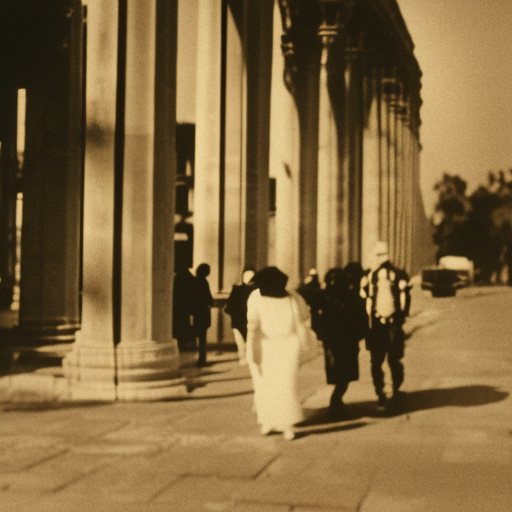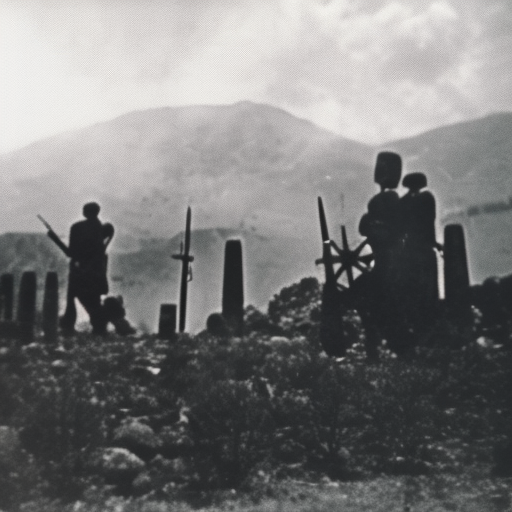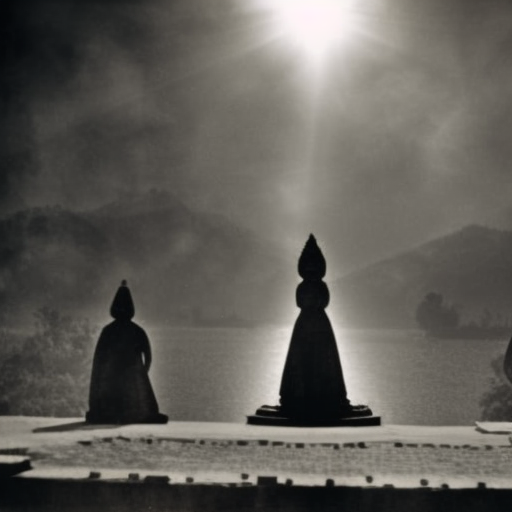The Age of Alexander the Great
The Age of Alexander the Great refers to the period from 336 to 323 BCE when Alexander III of Macedon, commonly known as Alexander the Great, ruled and expanded his empire. Alexander’s reign marked a significant turning point in ancient history, as he successfully conquered vast territories and established one of the largest empires the world had ever seen.
Alexander’s Early Life and Ascension to the Throne
Alexander was born in 356 BCE in Pella, the capital of Macedon. He was the son of King Philip II and Olympias, a princess from Epirus. From a young age, Alexander showed great potential and received an excellent education under the guidance of the philosopher Aristotle.
In 336 BCE, at the age of 20, Alexander ascended to the throne after the assassination of his father. He quickly consolidated his power and dealt with rebellions within his kingdom, securing his position as the ruler of Macedon.
The Conquest of Persia
One of Alexander’s primary goals was to avenge the Persian invasions of Greece in the early 5th century BCE. In 334 BCE, he launched his campaign against the Persian Empire, crossing the Hellespont with an army of approximately 40,000 soldiers. He won a series of decisive battles, including the Battle of Granicus and the Battle of Issus, which allowed him to capture key Persian territories.
In 331 BCE, Alexander defeated the Persian King Darius III at the Battle of Gaugamela, effectively ending Persian resistance. He then proceeded to capture the Persian capital of Persepolis and declared himself the King of Persia. Alexander’s conquest of Persia marked a significant turning point in his reign and solidified his position as a world conqueror.
The Expansion of the Empire
After securing Persia, Alexander continued his conquests, pushing eastward into Central Asia and India. He defeated numerous regional powers, including the powerful Achaemenid Satraps, and established new cities and administrative centers throughout his empire. His military campaigns were characterized by swift and decisive victories, often resulting in the surrender of his enemies.
The Death of Alexander and the Division of the Empire
In 323 BCE, while planning his next military campaign, Alexander fell ill and died in Babylon at the age of 32. His death sparked a power struggle among his generals, known as the Diadochi, who fought for control of the empire. Eventually, the empire was divided into several kingdoms, with the most prominent being the Seleucid Empire in the east and the Ptolemaic Kingdom in Egypt.
Alexander’s Legacy
Alexander’s empire had a profound impact on the regions he conquered. He spread Greek culture, known as Hellenism, throughout his empire, which influenced art, architecture, language, and philosophy. The cities he founded, such as Alexandria in Egypt, became centers of learning and trade.
Additionally, Alexander’s military tactics and strategies were studied and emulated by future military leaders, including Julius Caesar and Napoleon Bonaparte. His empire also paved the way for the spread of Greek language and culture in the eastern Mediterranean and the Middle East.
In conclusion, the Age of Alexander the Great was a period of immense conquest and expansion. Alexander’s military campaigns and victories established him as one of the greatest military leaders in history. His empire left a lasting legacy, shaping the course of ancient history and influencing subsequent civilizations.












